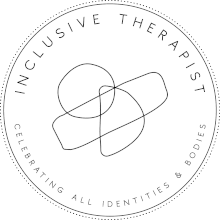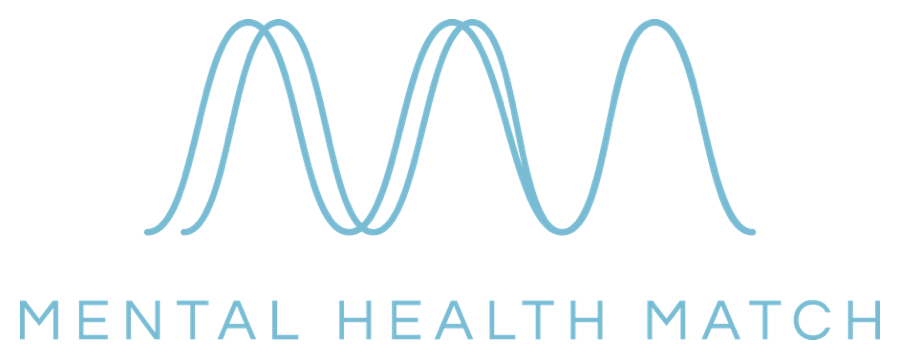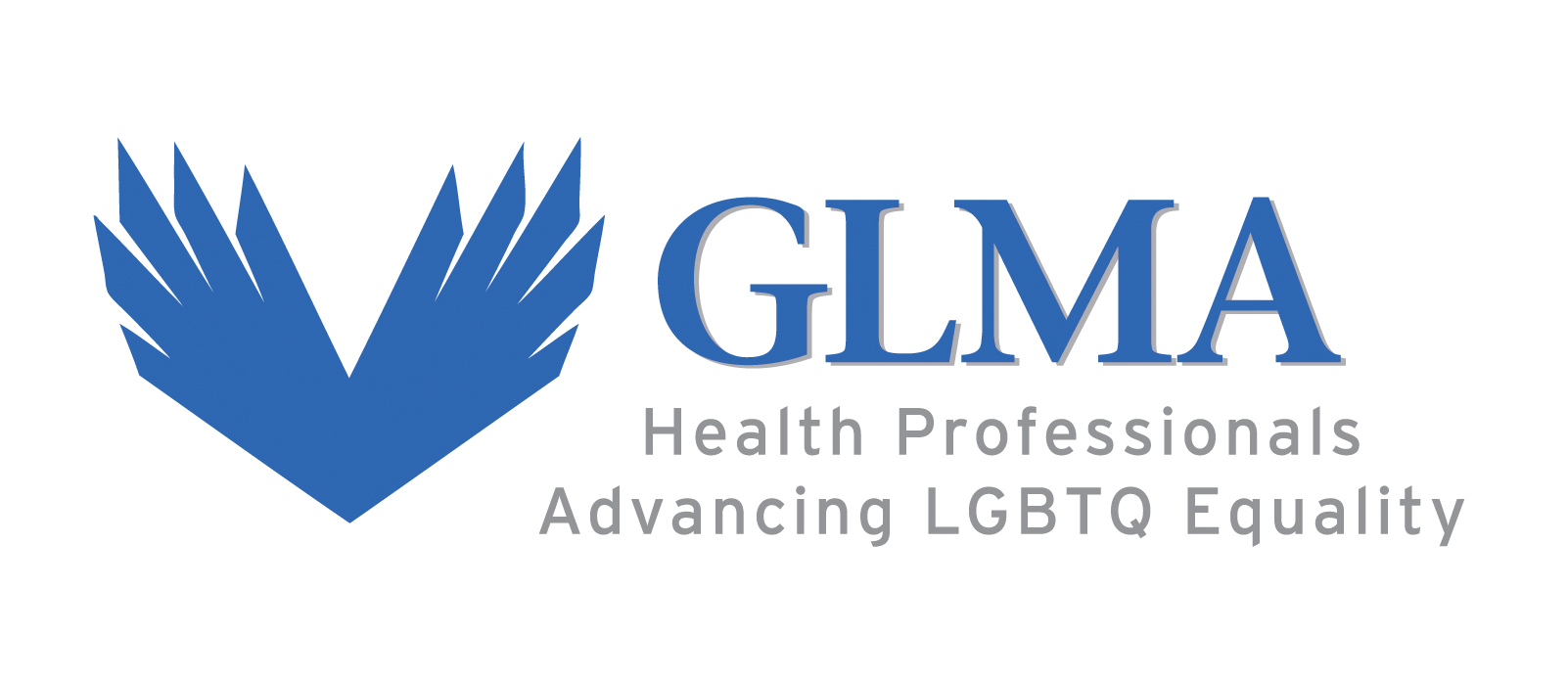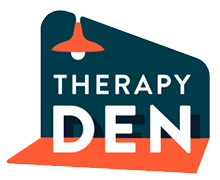Healing From
Emotional Abuse & Toxic Relationships
Find your way back to yourself.
Request a Free 15-Minute Consultation
We are not affiliated with Dr. K of Healthy Gamer. This video is included because it describes the abuser’s playbook, which might resonate with your experience.
The Lasting Impact Toxic Relationships
Emotional abuse and toxic relationship patterns can leave lasting wounds: second-guessing yourself, questioning your worth, and struggling to trust your own thoughts and feelings.
Even when you’ve held it together on the outside — succeeding at work, managing life — it can still feel exhausting inside.
You don’t have to minimize what happened.
Healing begins not by pushing it away, but by listening to your experience with compassion — and learning, piece by piece, to trust yourself again.
Sage Finch Counseling
What is Emotional Abuse?
Emotional abuse undermines a person’s sense of safety, self-worth, and reality. It doesn’t always look cruel — sometimes it includes affection, apologies, or promises alongside manipulation, criticism, or control. That mixture of warmth and harm can be deeply confusing, leaving you doubting yourself, holding onto hope, and struggling to trust your own perceptions.
Signs of Emotional Abuse
Emotional abuse often leaves you feeling anxious, responsible for everything that goes wrong, and constantly second-guessing your own reality. You might feel like you’re “too sensitive” or that you can never do anything right, even when you try your hardest.
Common Tactics
Manipulation often includes gaslighting to make you doubt your memory, shift blame to avoid accountability, or alternating between extreme affection and cold withdrawal. These tactics create a rollercoaster of confusion, fear, and hope that keeps you stuck.
Lasting Impact
Emotional abuse can leave deep scars — including low self-esteem, chronic anxiety, depression, trouble trusting others, and a fragile or distorted sense of who you are. Healing is possible, but it takes time and compassion.
Plano, TX Trauma Therapy
How to Recognize a Toxic Relationship
Toxic relationships rarely start off as toxic. They often begin with love-bombing — intense connection, affection, and promises of something special — which can make it even harder to recognize when things shift. Over time, if you find yourself feeling smaller, more confused, or constantly blaming yourself, it may be a sign that the relationship is toxic and harmful.
Frequent Confusion
Loss of Identify
Bit by bit, you lose touch with your own needs, dreams, and personality. Pleasing them or keeping the relationship afloat starts to consume your energy.
Walking on Eggshells
You’re always trying to manage their moods, filter your words, or avoid triggering anger. The tension becomes a constant, heavy presence in your life.
Hope and Hurt Cycle
Periods of affection, apologies, or promises of change keep you hooked — but the painful patterns always return, leaving you caught between hope and heartbreak.
Our approach combines research-backed methods to help you heal from emotional abuse and toxic relationships. Still in the relationship? That’s okay – we can explore your experience without judgement or pressure.
PLANO & FRISCO TEXAS
Gaslighting & Self Doubt
Gaslighting is a form of emotional manipulation that makes you question your own reality. Over time, you may find yourself doubting your memories, minimizing your feelings, and even apologizing for things you didn’t do. It’s a powerful tactic that slowly erodes your ability to trust yourself — and the longer it goes on, the harder it becomes to know what’s real.
Denial of Your Reality
Gaslighting often starts with small denials — insisting you misunderstood, misheard, or misremembered. Over time, these small denials add up. You may begin doubting your own memory, perceptions, and even your grasp on reality, leaving you deeply vulnerable to further control.
Minimizing Your Feelings
When you express hurt, frustration, or fear, you’re told you’re “too sensitive,” “dramatic,” or “crazy.” Instead of being allowed to trust your emotions, you’re taught to silence and question them. This emotional minimization trains you to distrust your own instincts.
Blaming You for Their Behavior
In a gaslighting dynamic, they often flip the script, blaming you for their own harmful actions. You might find yourself apologizing for their anger, cruelty, or dishonesty. Over time, you internalize guilt that isn’t truly yours — making it even harder to advocate for yourself.
Growing Inner Confusion
As gaslighting takes hold, inner confusion becomes a constant companion. You may feel trapped between conflicting versions of reality, unable to tell what’s true or what’s imagined. This deep uncertainty can drain your confidence, your decision-making ability, and your sense of self.
Plano, TX Trauma Therapy
Why It’s So Hard to Leave
Leaving a toxic or emotionally abusive relationship isn’t just about making a decision — it’s about untangling powerful emotional, psychological, and even biological bonds. Fear, hope, guilt, and love often pull in different directions, creating an overwhelming internal struggle. If you’ve found yourself stuck, frozen, or returning to a relationship you know isn’t healthy, it doesn’t mean you’re weak — it means you’re human.
Trauma Bonds
Fear & Change
Fear plays a powerful role in staying stuck — fear of retaliation, fear of being alone, fear of losing financial security, or fear of starting over. Sometimes subtle threats (emotional, social, or financial) are enough to create deep paralysis.
Hope for Change
Erosion of Self-Trust
Emotional abuse often damages your ability to trust your own feelings and decisions. When you no longer believe you can survive on your own, leaving can feel not only terrifying but impossible — even when deep down, you know you deserve better.
Our approach combines research-backed methods to help you heal from emotional abuse and toxic relationships. Still in the relationship? That’s okay – we can explore your experience without judgement or pressure.
Sage Finch Counseling
Starting (or Continuing) Your Healing Journey
Healing doesn’t start only after you leave — it often begins with the quiet recognition that something isn’t right. Whether you’re still finding the strength to leave or you’ve already stepped away from a toxic relationship, your healing journey has already begun. It’s a process of reclaiming your voice, honoring your truth, and building a future grounded in self-respect and hope.
Listening to Your Inner Voice
Healing often begins when you start trusting the part of you that says, “This isn’t okay.” Listening to that inner voice — even when you feel scared or unsure — is a powerful act of self-protection and self-love.
Finding Courage and Support
Whether you’re planning to leave or recovering after leaving, healing requires courage — and you don’t have to do it alone. Finding safe people, professional support, and resources can help you take steps that feel impossible on your own.
Reclaiming Your Life
Sage Finch Cousneling in North Texas
Rebuilding Healthy Relationships After Emotional Abuse
After experiencing emotional abuse, it’s natural to feel wary of trusting others — or even yourself. Healing includes learning what safe, respectful relationships feel like, and rebuilding the courage to open your heart again. Healthy relationships aren’t perfect, but they are built on mutual respect, trust, and emotional safety. You deserve connections that nourish your growth, not ones that make you shrink.
Trust is Earned, Not Assumed
In healthy relationships, trust is built slowly over time through consistent, caring behavior — not demanded or rushed. You are allowed to take the time you need to feel safe. It’s okay if you need help rebuilding trust with yourself too!
Conflict is Safe, Not Destructive
Disagreements happen in every relationship, but in healthy ones, conflict doesn’t involve cruelty, fear, or manipulation. It’s safe to voice your feelings without fearing retaliation.
Boundaries Are Respected
In toxic dynamics, boundaries are pushed or ignored. In healthy relationships, your limits are honored — and you’re encouraged to protect your peace, not punished for it. It’s okay if you need help learning how to set boundaries!
You Feel Free to Be Youself
Our approach combines research-backed methods to help you heal from emotional abuse and toxic relationships. Still in the relationship? That’s okay – we can explore your experience without judgement or pressure.
Trauma Counseling
How We Work with Trauma
You don’t have to understand the science. You’ll feel the difference in how your body softens, your mind quiets, and your reactions shift as you begin to heal from relational trauma.
EMDR
EMDR therapy helps your nervous system reprocess painful memories, so they lose their emotional charge and your trauma feels like something that happened to you – not something that defines you.Parts Work
Part’s work, inspired by Internal Family Systems (IFS), helps you understand and connect with the different parts of yourself and build compassion for the ways they have tried to protect you.
Our approach combines research-backed methods to help your brain, body, and inner self reconnect.
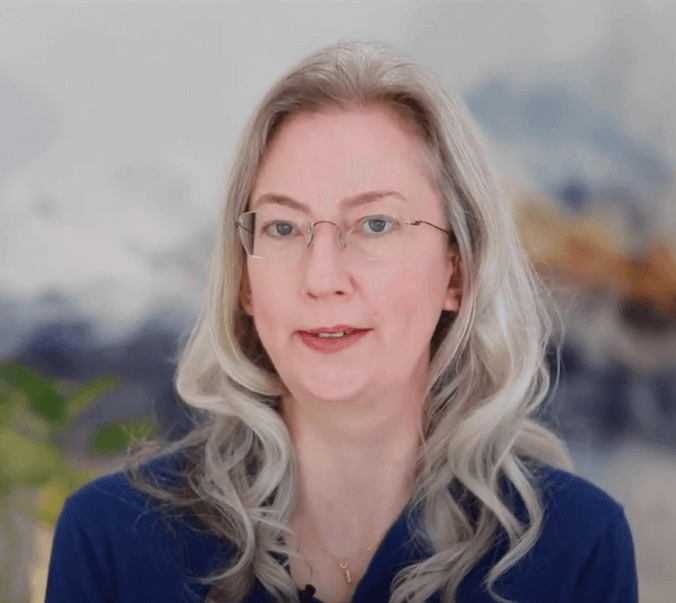
Ready to Start Your Journey?
Healing from emotional abuse is a journey — not a race, and not something you have to navigate alone.
Whether you’re just beginning to recognize unhealthy patterns, finding the courage to leave, or rebuilding your life after a painful relationship, you are already doing something powerful: choosing yourself.
Healing is possible. Safety is possible. Healthy love is possible. You are worthy of the life, relationships, and peace you long for.
Plano Emotional Abuse and Toic Relationship Therapy FAQs
How do I know if it's really emotional abuse and not just a rough patch in my relationship?
How do I know if trauma therapy is right for me?
I'm not ready to leave. Can I start therapy even if I'm still in the relationship?
Yes. Many people begin therapy while they are still in the relationship. Therapy can help you strengthen your sense of self, create safety plans if needed, and build the confidence to make decisions that are right for you — without judgment or pressure.
Do I have to leave my toxic relationship to heal?
Healing is about reclaiming your voice, your worth, and your sense of safety — and sometimes that means leaving, but not always right away. Every situation is different. Some people begin healing while still in the relationship by setting small boundaries, building self-trust, and reconnecting with their needs. Therapy can help you explore your options without pressure, and support you in making choices that are safe, empowering, and truly yours.
How long does it take to feel like myself again after emotional abuse?
Healing is deeply personal and doesn’t follow a set timeline. Some people feel stronger in a few months; others find that rebuilding self-trust, identity, and connection takes longer. What’s important is honoring your pace and recognizing that every step forward — no matter how small — is meaningful.
Do you offer in-person counseling for emotional abuse in Plano, Texas?
Yes. I offer in-person counseling in Plano, Texas (just south of Frisco), as well as secure online therapy for clients across Texas. If you’re navigating emotional abuse recovery or working toward a healthier future, I’m here to support you wherever you are in your journey.
COLLIN COUNTY TEXAS
Take the First Step
Frisco LGBTQ+ therapy: Your dedicated space for healing and growth in Plano, Texas (just south of Frisco).
Sage Finch Counseling
8105 Rasor Blvd, Suite 225
Plano, TX 75075
Most of our clients come from Collin County and surrounding areas:
|
|
Request a Free 15-Minute Consultation
* By clicking Submit, you permit us to contact you by email, phone, or text. Don’t worry – we won’t send you junk. It’s just to schedule a consultation and see if we can help you!





